Animal Welfare vs Animal Rights
Animal Welfare vs Animal Rights - which is not the same thing as Animal Welfare. At Raising-Rabbits, we fully support animal welfare, which is the humane treatment of all animals, whether they are pets or livestock.
On the other hand, animal rights is a philosophy that demands humans must not have interactions with animals, and that any use or relationship with an animal is equated with slavery - inherently wrong and abusive.
Animal welfare means that animals will be cared for in a way that gives them an acceptable quality of life, and when it is time to kill an animal, due to medical necessity or as part of livestock processing, the process should spare the animal suffering as much as possible. Animal Welfare means a symbiotic relationship between people and animals. This does include the use of animals as livestock.
Humans are omnivores, meaning that our natural, healthy diet is a combination of meat and plants. This is clearly seen in human biology, when you look at our teeth, digestion, and nutritional needs. Our teeth are a hybrid between the plant grinders of herbivores, and the flesh rippers of carnivores. We need animal fats and proteins for proper growth and development, as well as the fiber, carbohydrates, vitamins and minerals from plants. Humans who do not eat meat, or who eat too much meat, suffer health problems. It is no more wrong or abusive for a human to eat meat than for a bear, a fellow omnivore.
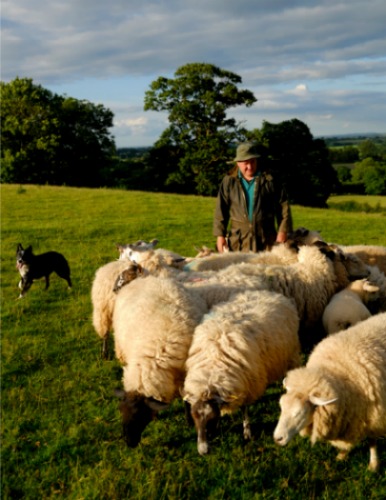 Who'd shear those sheep if it were not for their shepherd?
Who'd shear those sheep if it were not for their shepherd?Humans also have symbiotic relationships with animals. Domesticated animals receive food, shelter, medical care, and protection from predators. When you review endangered species, domesticated animals aren’t on those lists because humans help keep their populations steady through encouraging breeding of the healthiest animals and preventing breeding of the lower quality animals. Humans, as predators, also help keep animal populations at proper numbers, so that a species does not over populate. Whenever there is an excess of any given animal in an area, it becomes an ecological disaster in just a few years.
An excess of an herbivore species means all local vegetation is consumed and the land becomes barren. Those fattened herbivores wind up dying a slow death due to malnutrition and starvation.
An excess of a carnivore species means plant eaters do not eat excessive plants, causing buildup of underbrush that is dry tinder for natural wildfires. Also, those carnivores, such as wolves and lions, will also wind up dying a slow horrible death from starvation and malnutrition. Humans who responsibly care for animals actually contribute to the overall health and wellbeing of animals, more so than simply being left in the wild. (See The Vegetarian Myth, by Lierre Keith, which is an excellent resource as regards the balance of Nature and symbiosis.)
Animal Welfare vs Animal Rights:
Raising-Rabbits does not support the Animal Rights movement
Animal
Rights philosophy says any relationship or use of an animal by humans is immoral
and abusive. There are some radical groups, such as PETA, who believe that
animals are better off dead than in any form of relationship with humans,
including as beloved family pets. When
researching PETA, you find that the kill rate in PETA shelters is about 90%,
much higher than the most ruthless city pound.
Animal Rights activists often mean well, but they are very short-sighted and exclude any facts that do not fit their dogma. Among other things, this includes considering the welfare of people. There have been several instances, besides the mass slaughters in PETA shelters, where Animal Rights activist actions have done much more harm to animals and people than good.
One prime example is the objection to big game hunting safaris in Africa. Animal Rights activists will protest against a rich Westerner going to kill a lion or elephant. The hunter is portrayed as a deranged bloodthirsty villain, invading another country for the pleasure of bloodsport. In actuality, big game animals present a severe hazard to humans, with wild animal attacks being a common cause of death or permanent injury.
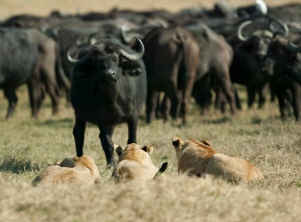 How do you think the discussion about animal welfare vs animal rights is going...?
How do you think the discussion about animal welfare vs animal rights is going...?A village will need to kill nearby big game animals for self-preservation. When a wealthy Westerner arrives for a safari, he will be hunting those animals that would be killed by local animal control authorities, and he gives a local village a generous economic boost by paying them for the privilege of participating in the hunting safari.
Animal Rights activists have also “liberated” large amounts of animals from breeders and ranchers. This seems like a nice idea until you ask the question, “What happens next?”
Excess animals get dumped into shelters, which do not have the facilities to properly care for that many. This often results in higher rates of euthanasia, or in no-kill shelters, animals spending years in cages. These fates are exactly what activists say they are trying to prevent, yet what they cause through their actions.
Another horrible alternative that happens often is that activists will release the animals to the wild. If the animals weren’t raised in the wild, they are doomed to starvation and predation since they aren’t practiced in surviving. On the other hand, dumping a large group of animals at once causes an instant overpopulation problem if they manage to live long enough to breed.
Australia and New Zealand have both been struggling with long-term ecological disasters due to over population by cats and rabbits, and as such have placed bounties and authorized no-limit hunting of these animals.
Elisa said:
Dear Sir or Madam,
I am shocked how you talk about the "peanuts" that may result from breeding. You write in a nonchalant way that "there is nothing wrong" with crossing rabbits that might produce "peanuts" and that some breeders just kill them or let them "expire."
These are animals!!! On one hand you seem to love rabbits and on the other you do not have a problem with producing rabbits that are too small to live. It's sad how humans exploit animals for their own benefits!
Thank you for taking the time to read this,
Sincerely,
Elisa, a shocked animal lover
This animal welfare vs animal rights page was written in response to Eliza, a person who objected to the breeding of Dwarf rabbits because of the regular occurrence of peanuts, genetic double-dwarf kits that do not survive. The writer was disturbed that rabbit breeders will intentionally breed dwarf rabbits even though this problem occurs in about 25% of the offspring.
That may seem like a high mortality rate, until you compare it to the mortality rate of wild kits. In nature, after a mother gives birth to the young, they are all inspected for defect. She immediately kills any defective young so that her milk goes only to offspring with a good chance of survival.
Rabbits are prey animals, and predators look for kits to eat. If a mother doe sees her nest is being disturbed or that predators are nearby, she may kill her young to give them a quick death so she can escape and save herself. Nearby bucks seeking to mate may also kill her young in order to create an opportunity to mate.
Once you combine all these factors, the mortality rate for wild kits is much higher than the 25% for peanuts. Nature is ruthless.
Animal Welfare vs Animal Rights: Living in the Wild vs Human Ownership?
Animal Welfare vs Animal Rights may seem like a difficult distinction to make. It is natural to ask, “Are animals really better off being property of humans than just living free out in the wild?” The simplest way to answer the question is to compare lifespans of wild animals vs their domestic counterparts.
Wild rabbits have an average lifespan of 1.5-2 years, whereas the average lifespan for rabbits in human care is 10-12 years.
We understand that some people object to use of rabbits as livestock, or even as pets. However Raising-Rabbits does believe in responsible, humane use of animals, because this symbiotic relationship benefits both animals and people.
Animal Welfare vs Animal Rights: Symbiotic Relationships
Symbiotic relationships are mutually beneficial relationships between species that improve the well-being of both species, and without which both species would suffer, and possibly die out.
- Humanity as a species would eventually die out if humans could not eat animal-based nutrition.
- And from the animal side, there are species of animals that could not possibly survive without human intervention. The domestic sheep comes immediately to mind. This is absolutely not animal exploitation. This is animal welfare.
Double-Value Guarantee
Our policy is to always OVER-deliver
on value,
which is why your purchase is fully covered by our
Double-Value
Guarantee.
Go ahead - take any of our e-books for a test drive. Peruse our detailed informational and educational e-books. Examine our plans for building rabbit cages, runs, or metal or PVC hutch frames. Check out the Rabbit Husbandry info e-books.
If you aren't completely satisfied that your e-book purchase is worth at least double, triple or even quadruple the price you paid, just drop us a note within 45 days, and we'll refund you the entire cost. That's our Double-Value Guarantee.
Note: When you purchase your
e-books, they will be in PDF format, so you can download them to any device that
supports PDF format. We advise making a back-up copy to a drive or cloud
account. If the books are lost, you can also purchase another copy from Raising-Rabbits.
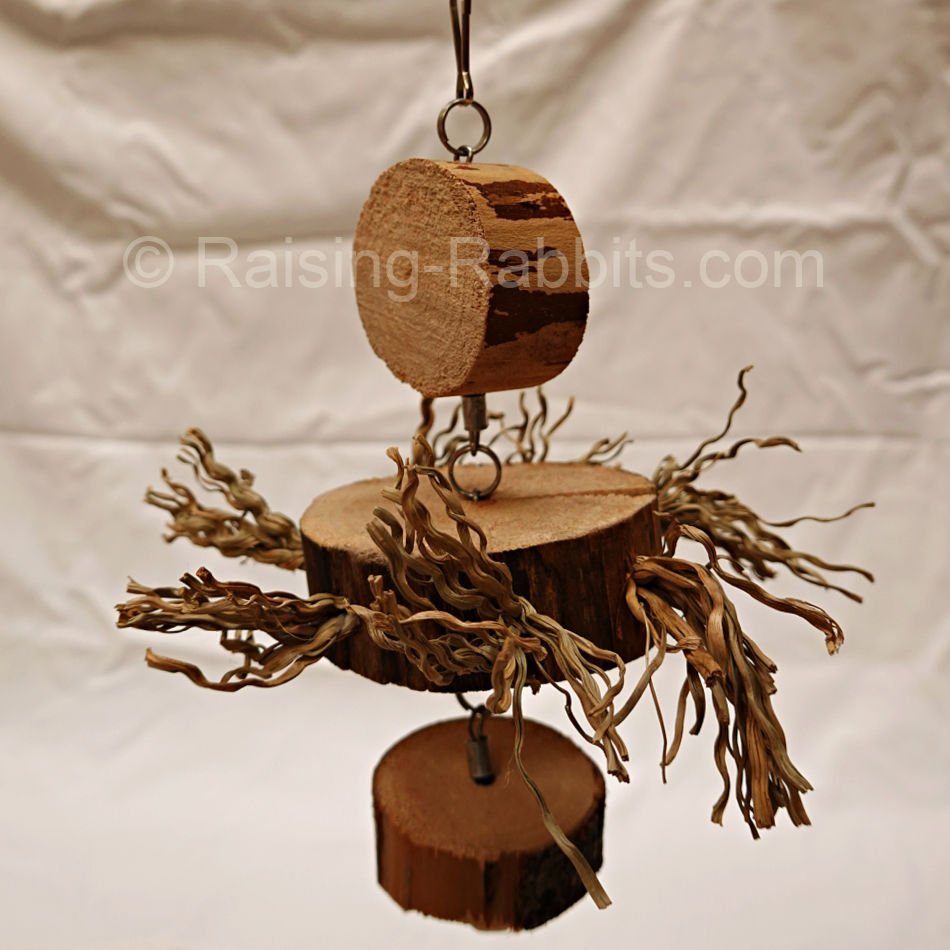
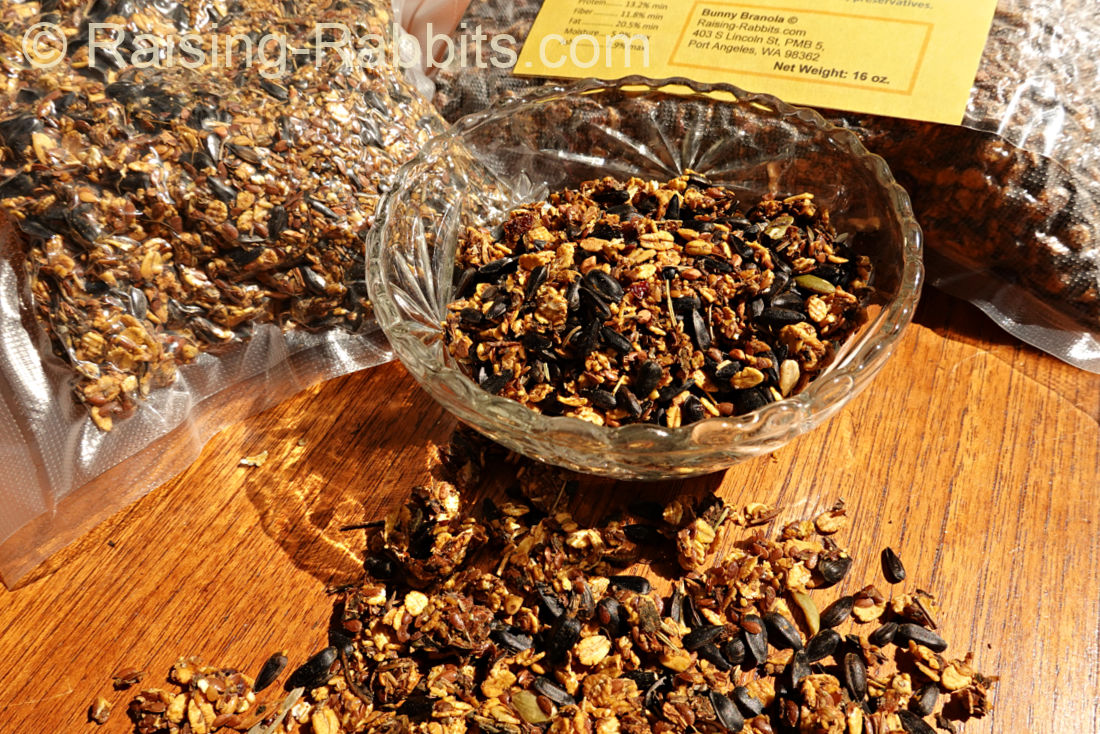
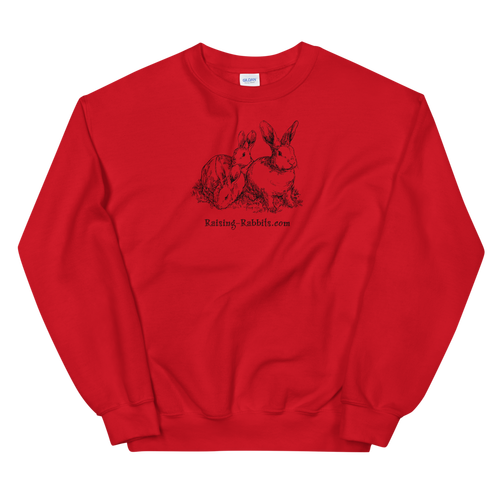
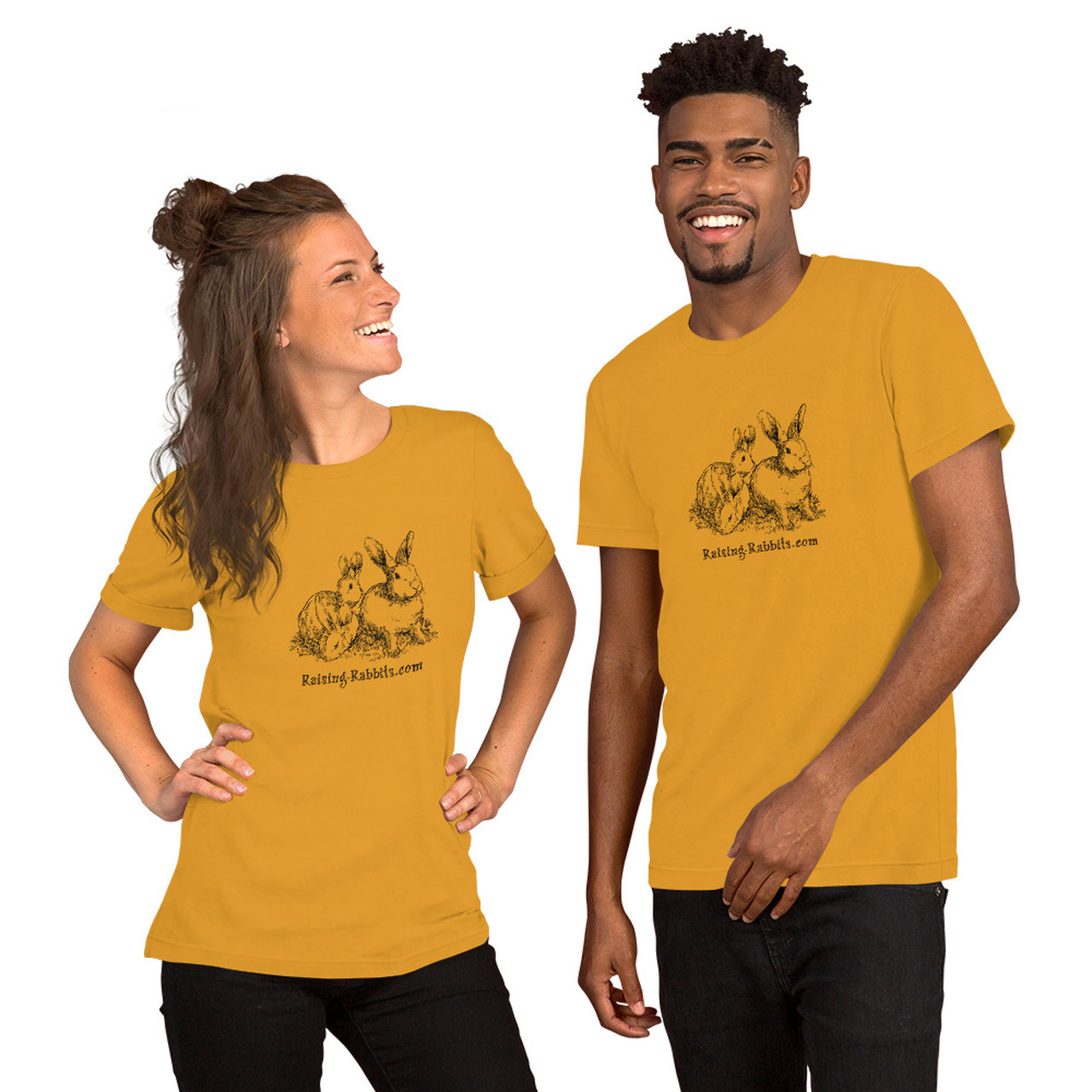
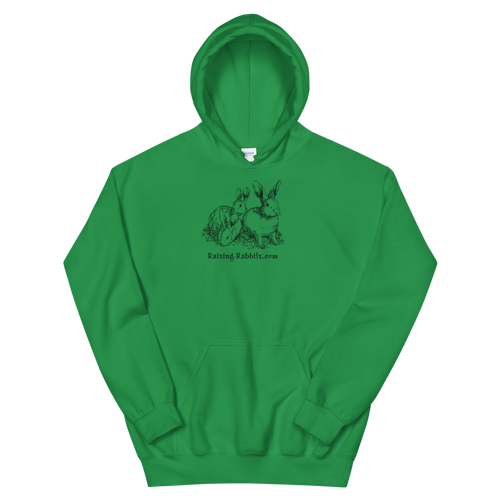
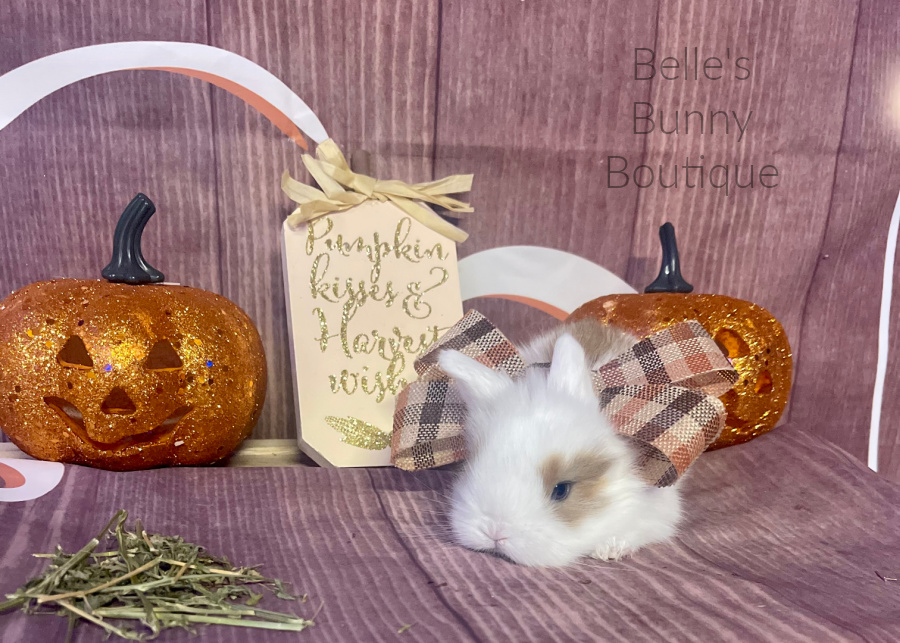
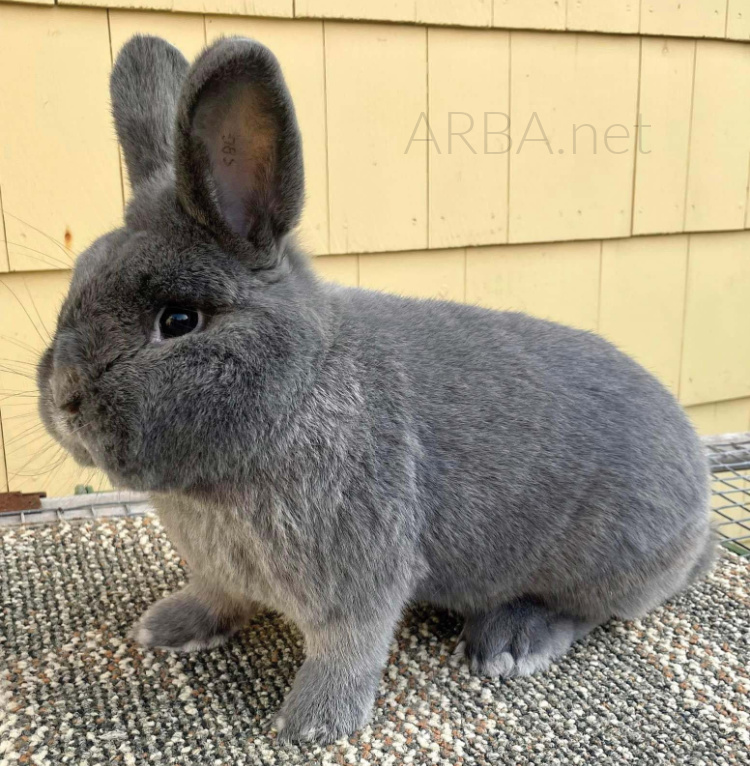
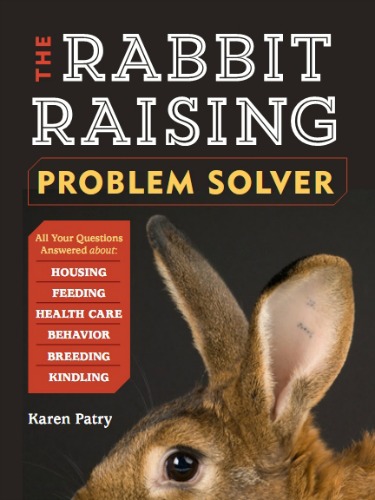

New! Comments
Have your say about what you just read! Leave me a comment in the box below.